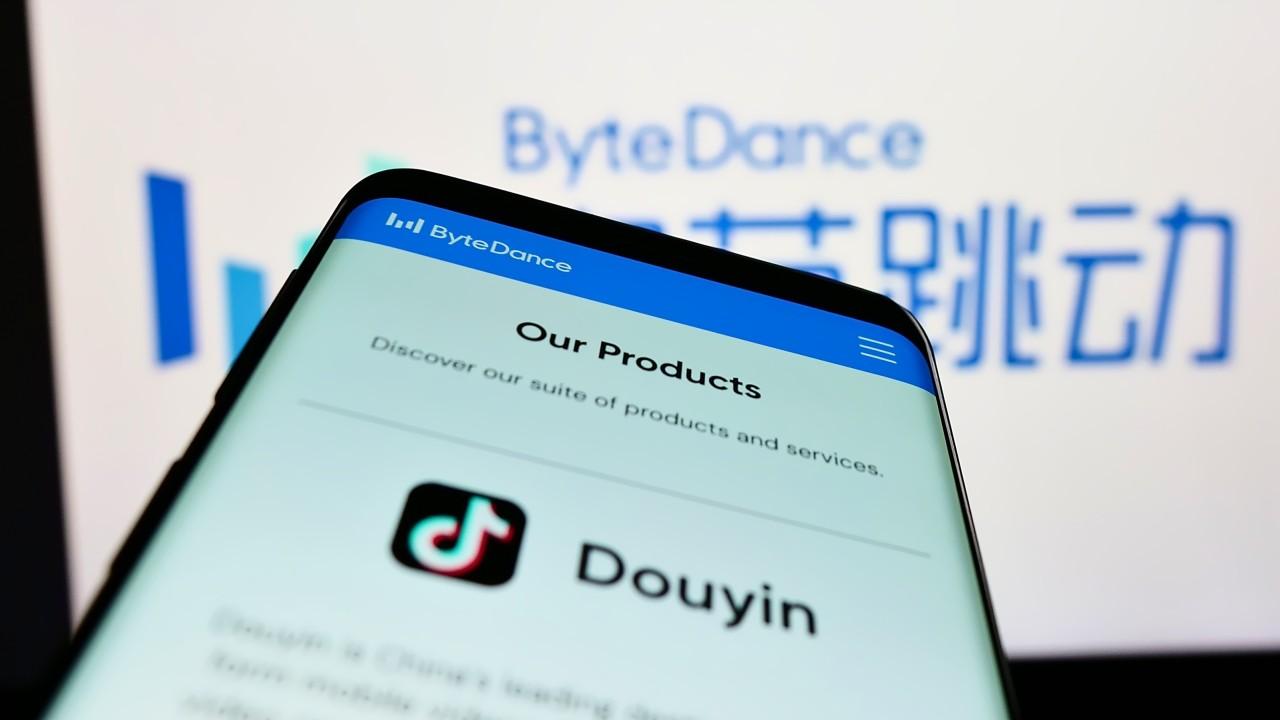
That followed its move in August to start a collaboration with Ele.me, the Alibaba Group Holding-backed on-demand services provider, after introducing mini-program Xindong Waimai in 2021 to start food delivery trials in various cities. Alibaba owns the South China Morning Post.
In January last year, Douyin acquired for an undisclosed amount Shanghai-based movie ticketing service Ytbfilm. It also partnered with local retailing giant Beijing Hualian Group to live-stream the marketing campaigns of the company’s supermarkets.
Douyin did not respond to a request for comment.
“[Douyin] is certainly a threat, whether Meituan’s management wants to deny it or not,” said Wang Kai, a senior equity analyst at Morningstar Asia.
“The initial outlay [for ByteDance] will be expensive if we look at Meituan’s expenses,” he said. “One thing you don’t want to see is for a company to enter a different business, in which it must burn plenty of cash or contend with a low return on investment.”
In the September quarter alone, Meituan reported a 15.9 per cent year-on-year jump in cost of revenue to 44.1 billion yuan, which was primarily attributed to an increase in delivery-related expenses.
Yet increased competition in on-demand local services and greater investment in the internet industry represent activities that Beijing wants Big Tech companies to pursue, as the country aims to rebound from 2022 when it recorded the second-lowest economic growth since 1976.
Douyin is expected to thrive under this new climate in China. Over the next few years, the short video platform’s on-demand local services business is projected to record at least 100 billion yuan in gross transaction value, according to Zhuang Shuai, founder and chief analyst at e-commerce consultancy Bailian.
Zhuang indicated that Douyin would still have to contend with industry leader Meituan’s existing advantages in terms of merchant network, business infrastructure and consumer mind share.
At the end of last year, Meituan had signed up 9.2 million merchants – spread across nearly 300 cities across China – on its platform and had a 20,000-strong staff dedicated to support them, according to the company’s financials and local media reports.
By comparison, Douyin currently works with about 700,000 merchants spread across 55 cities on the mainland. It also relies on third-party service providers to support them.
Still, Douyin is expected to narrow that wide gap in total merchant users.
“Douyin’s huge online traffic and influence [among consumers] will enable it to accomplish what Meituan has come up short in doing,” said Li Chengdong, founder and chief analyst at Beijing-based e-commerce consultancy Dolphin. “This involves branding through live-streaming campaigns or short video clips. It’ll be easier for Douyin to persuade its users to visit a store shown on its video feed … so big brands are expected to be more willing to invest in Douyin [for exposure].”
Douyin, with more than 600 million daily active users across mainland China, enables merchants from various industries to reach a wide audience through live-streaming campaigns and short video promotions. Photo: Simon Song
Haidilao International, the Hong Kong-listed operator of China’s largest hotpot chain, is one of the major consumer brands that now use Douyin’s platform for its sales and marketing efforts.
Douyin hosted 21 Haidilao live-streaming sessions in the four-week period between late November and December last year, garnering over 100 million views. Haidilao employs a Shanghai-based multichannel network to handle its live-streaming activities.
“Apart from increasing our brand exposure and user loyalty, [live-streaming on Douyin] has become a sales channel to route online traffic to our offline storefronts, helping them gain new customers or bring back regular patrons,” said Wang Miao, head of brand and marketing at Haidilao.
Waiters serve customers at a Haidilao hotpot restaurant in Beijing on October 11, 2021. Photo: Reuters
On Meituan, merchants can set up online the amount of exposure they want based on their budget in a manner that is similar to how advertisers arrange their profiles and get ranked on search queries in Google. Since that does not involve the creative input delivered by content creators in short video-sharing services such as Douyin and Kuaishou Technology, many merchants find Meituan easier to use.
An employee, who declined to be identified, working at a local Beijing restaurant chain selling “chuan’r” – meat roasted on skewers – said the owner recently tried live-streaming on Meituan to promote cheap meals. While sales did not take off, the experience has convinced the owner to try again and invest in professional help, according to the employee.
That kind of enthusiasm for advances in online sales and marketing augurs well for Douyin, as it continues to invest and carve out a larger share of the mainland’s on-demand local services market.

